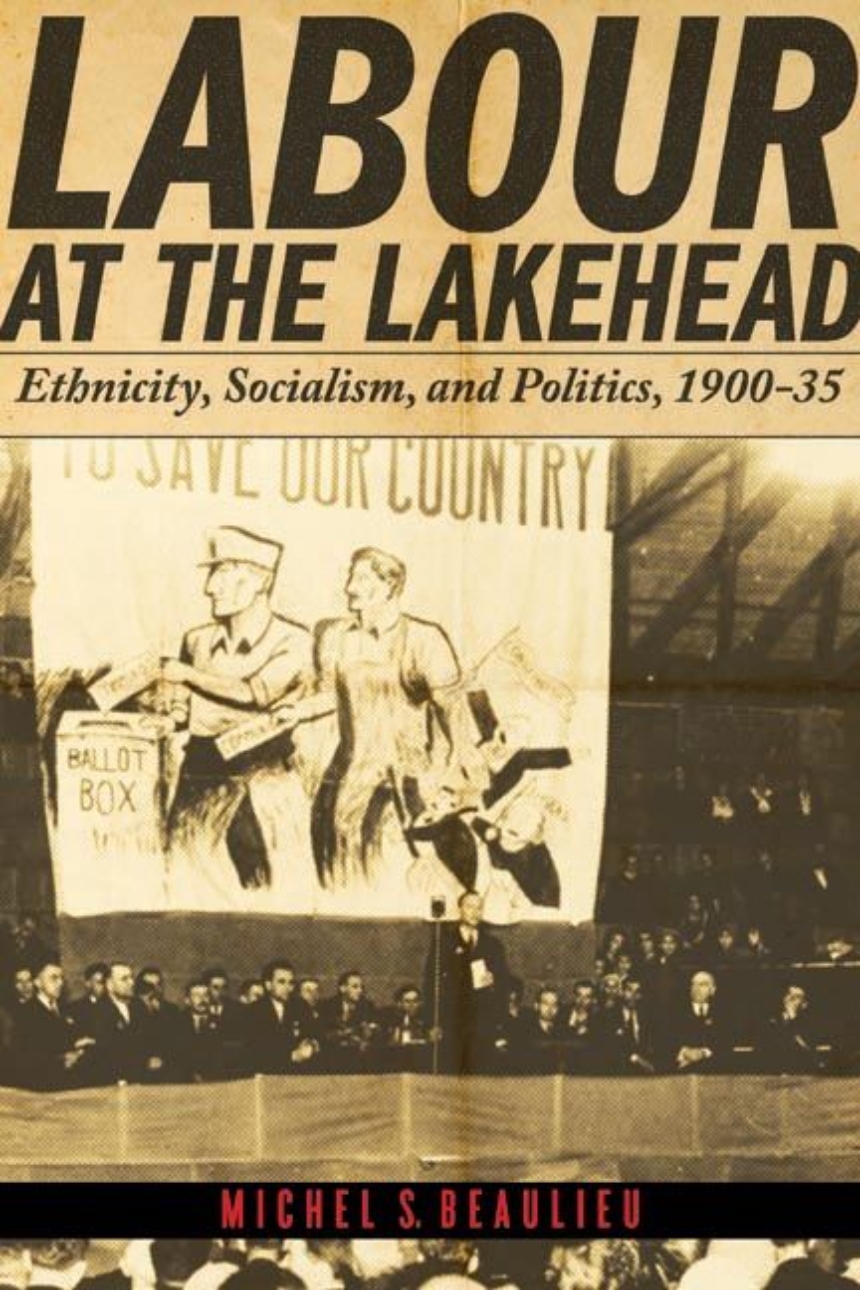University of British Columbia Press
Labour at the Lakehead
Ethnicity, Socialism, and Politics, 1900-35
Distributed for University of British Columbia Press
Labour at the Lakehead
Ethnicity, Socialism, and Politics, 1900-35
Table of Contents
Introduction
Part 1: The Roots of Revolution?
1 Early Socialist Organizations at the Lakehead, 1900-14
2 Repression, Revitalization, and Revolutions, 1914-18
Part 2: From Winnipeg to the Workers’ Unity League
3 “The Hog Only Harms Himself if He Topples His Trough”: The One Big Union, 1919-22
4 “Into the Masses!”: The Communist Party of Canada at the Lakehead, 1922-25
5 Bolshevization and the Reorganization of the Lakehead Left, 1925-27
6 Turning to the Left, 1928-30
Part 3: The Great Depression and the Third Period
7 “Class against Class”: Socialist Activities, 1930-32
8 Wobbly Relations: The Communist Party of Canada, the Industrial Workers of the World, and the Lakehead, 1932-35
Epilogue: 1935
Notes
Bibliography
Index

